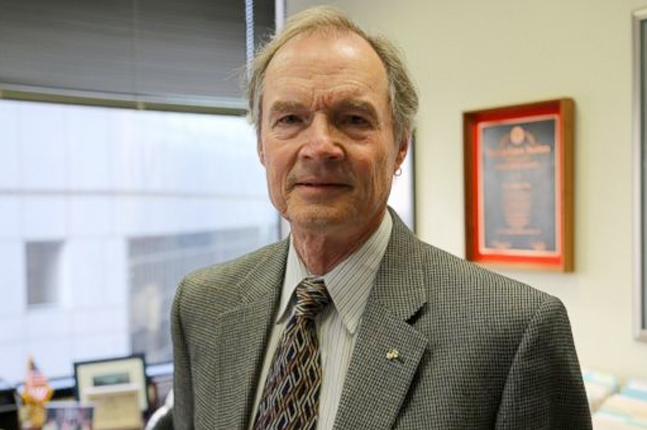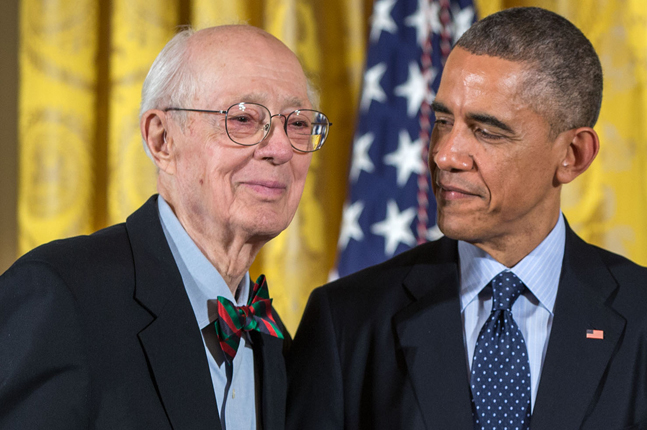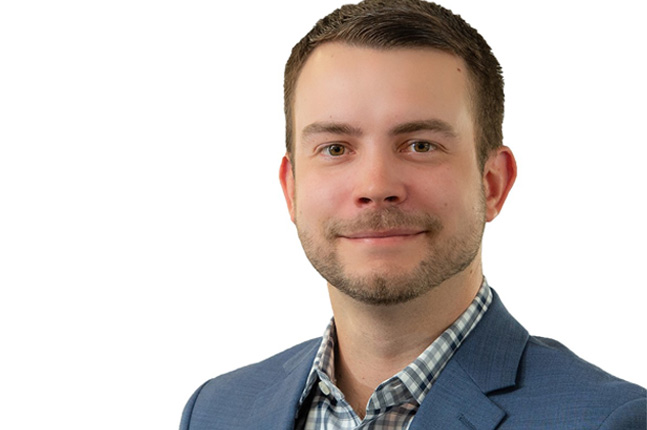Born to Oscar-winning father Gregory Peck, Stephen Peck for a time lived the Hollywood dream and worked in the film industry. However, Peck knew his heart was in another place. “Everyone is surprised to find out about what I’m doing because my father was Gregory Peck and they feel there are many other things I could be doing,” says Peck from his downtown office. But Peck took a different road. He was drafted into the U.S. Marine Corps in 1968 after college. “I didn’t volunteer. Uncle Sam called me,” he says. He served as a lieutenant in the 1st Marine Division near Da Nang from 1969 to 1970.
Peck’s time at war had a huge impact on his life. “I didn’t want to let it affect me but the combat experience is something that stays with you and those images and the things we experienced, the camaraderie between soldiers you serve with is also something that stays with you,” says Peck. When he came back, he pursued what he thought would be his long-time career. He enrolled in a graduate school cinema program in 1972 and went on to become a documentary filmmaker.
His life changed in 1990 when Peck made a film about a group of homeless veterans living on the beach in Venice, Calif. “I didn’t tell a lot of people I served in Vietnam because in those years you didn’t do that. Around that time those feelings about the war and Vietnam came back to me and I began to think about my experience and talking with other veterans, and produced a film about the combat experience.” After that, Peck knew he had to do something to help other fellow veterans and he switched careers to do so. “I was making documentary films so I was an observer on the problem but I wasn’t an active participant in solving the problem,” says Peck. So he went to school and earned a degree in social work from the University of Southern California with the goal of devoting himself to helping veterans.
Peck is now the CEO of U.S. Vets, a nonprofit organization serving over 3,000 homeless and at-risk veterans.
When U.S. Vets started in 1993, there were about 250,000 homeless veterans in America, according to the Interagency Council on the Homeless. That number today is around 60,000. “The veterans who come back as it was in my experience then are very disconnected and they’ve got a lot to offer and we can help them get through that period. It was criminal that there were so many veterans on the streets,” says Peck. “We partnered up with a housing developer at that time and started our first site, the West Side residence in Los Angeles so that veterans had a place to go to in the community where they can get the services they need to stabilized themselves,” Peck added.
U.S. VETS now has 11 facilities in six states and the District of Columbia and it serves more than 2,000 veterans each day. They have helped 3,000 veterans find housing and more than 1,000 veterans obtain full-time employment yearly. One of those locations, in Barbers Point, Hawaii, is run by US Vets Chief Operating Officer and U.S Marine veteran Darryl Vincent. “When I got out of the military, I came to Hawaii to start over and I was lucky enough to have the support of my family, which helped with my transition just like with these veterans,” says Vincent.
The program has been beneficial for veterans such as 32-year-old Joshua Baker, who was an Infantryman in the Army and served in Iraq. “My transition was very hard. There were so many problems with my family back home and I found it really hard to reintegrate in society,” says Baker, who wants to go to college and become a teacher. “I am grateful to receive the help because there are homeless people that don’t get this kind of help and services and the care and compassion. I feel obligated to use this and with what I gain get back into society,” he added.
For Peck, providing services he and other Vietnam veterans received after the war is personal. He says he is proud of his accomplishment helping homeless veterans but more work needs to be done. “We owe it to veterans because we send them out there and because they are providing a service for this country. They do it to serve this country so I think it really proves us to help them when they come back. I think there should be an equation that when we go to war, they’ll be a certain amount of money set aside for reintegration. I think we have an obligation to do that,” he says.





